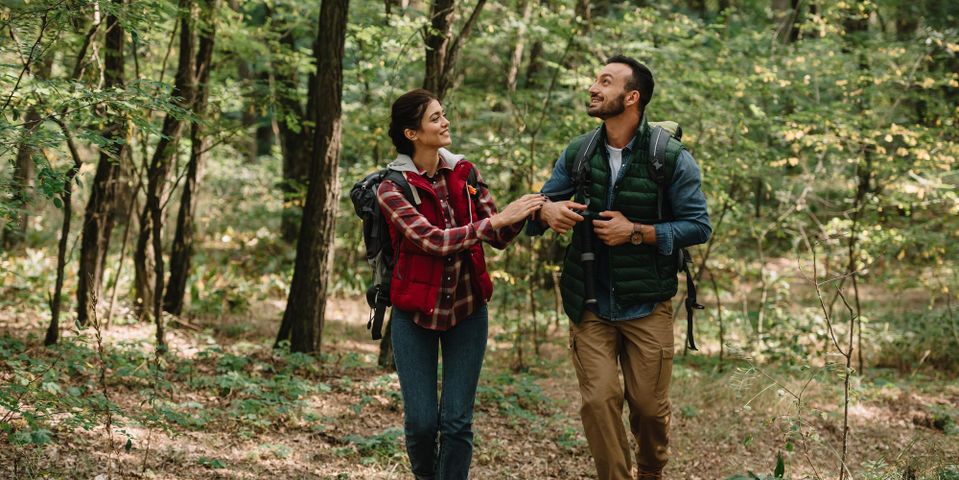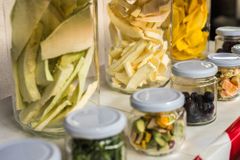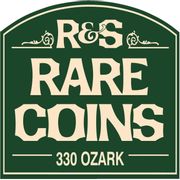
Freeze-dried foods first became known to Americans for providing sustenance to NASA astronauts when exploring outer space. These days, it’s widely available and considered a must-have for campers, backpackers, and those creating disaster preparedness kits. Here’s a closer look at how freeze-dried food is made and the benefits of the process.
How Is Freeze-Dried Food Made?
Similar to being dehydrated or dried, freeze-dried food holds minimal water content. The freeze-drying process, otherwise known as lyophilization, is a preservation method that involves three stages: freezing, sublimation, and desorption.
Of the three, freezing is the most important step. It must be done quickly to prevent ice crystals from forming, which degrade food quality. As the initial drying phase, sublimation converts water from its solid, frozen form to a gaseous state through the use of a high vacuum. By skipping the liquid state to get rid of water, it preserves the flavor, texture, and nutrients better. The remaining water is then removed through the second drying phase called desorption, where the temperature is slightly raised to further dehydrate. Because of the extensive process involved with freeze-drying, it is generally more expensive to do when compared to other methods like canning, drying, and freezing.
 Although most foods can be freeze-dried, some don’t take kindly to the method. Items that are high in fats or oils cannot be frozen well. The same goes for those with sugary content—they do not completely dry, causing them to spoil faster.
Although most foods can be freeze-dried, some don’t take kindly to the method. Items that are high in fats or oils cannot be frozen well. The same goes for those with sugary content—they do not completely dry, causing them to spoil faster.
What Are the Benefits?
Though freeze-dried food isn’t for everyone, the method comes with several benefits to consumers. Perhaps the most important benefit is the longer shelf-life that foods have using this method. Freeze-dried foods normally have 1% to 4% moisture content, which allow them to be stored longer—between six months to three years for polybags, and 25 years or more in cans.
Freeze-dried foods are also packed with nutrients, as the process is effective at preserving the taste, texture, color, and appearance of most foods, sealing in their nutrient content as well. Lastly, the reduced weight of these foods is a plus for hikers and backpackers looking to save space wherever they can. Without the water content, freeze-dried foods are lighter, which make for easy storage and handling.
When you need to stock up on freeze-dried foods, visit R & S Rare Coins. Based in Cabool, MO, they carry an array of quality emergency foods to choose from. As their name suggests, they also specialize in buying and selling rare coins and precious metals like gold and silver. Call (417) 962-5213 to discuss your needs with the staff today.
About the Business
Have a question? Ask the experts!
Send your question

